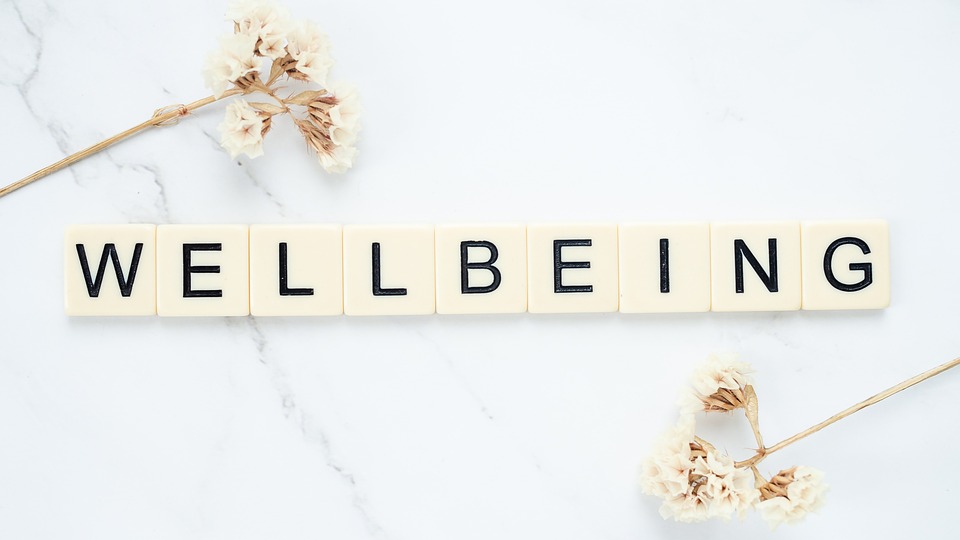Every thought, every belief, every emotion that enters our subconscious mind can shape our reality, often without our conscious awareness. This invisible force influences us from deep within, affecting our health, our reactions, and even our life paths. But what if we could master this hidden power and steer our lives toward greater joy and success?
Understanding the Subconscious And The Power it Holds
The subconscious mind is like a vast, silent storage room where every experience, emotion, and thought is kept. Unlike our conscious mind, it doesn’t judge or differentiate between past, present, or future—it operates in the eternal ‘now’. This means that fears and beliefs instilled in us as children continue to shape our behaviours and reactions as adults.
Real-Life Impact: A Childhood Storm
Consider the child who, caught in a storm among towering, swaying trees, develops a lifelong fear manifesting as headaches when near trees. This fear, lodged in the subconscious, remains active, influencing the body’s reactions years later in completely benign situations, like a peaceful game of golf. This example illustrates how deeply our subconscious can affect us, linking past emotions to present symptoms.
Empowerment through Awareness
However, recognising this influence is empowering. If our subconscious has the power to manifest physical symptoms based on past fears, it also has the power to heal. By uncovering and addressing these deep-seated beliefs, we can change our physical and emotional responses. Essentially, we hold the keys to the prison our minds might have created.
Interactive Insight: The Muscle Test
Experience firsthand how your subconscious mind can be influenced with this simple exercise. You’ll need a partner to explore how the subconscious accepts commands without judgment. Have your partner extend one arm sideways, palm down. Ensure it’s safe to apply pressure.
Testing Responses
- Ask your partner to say “yes” and gently press down on their wrist for two seconds. Observe if the arm stays rigid or moves.
- Repeat with “no”, noting if the arm remains steady or wobbles.
Interpreting Signals
The arm’s reaction shows the subconscious response: rigid for ‘yes’ (switched on), wobbly for ‘no’ (switched off).
Further Testing
- Tell your partner a fictional scenario: “A gate in the back of your neck is closed, blocking energy flow.” Test the arm’s response.
- Change the scenario: “Now the gate is open.” Test again.
- Finally, state: “There is no gate, and energy flows freely.” Test for a ‘yes’ response.
This simple demonstration shows how the subconscious will accept any belief, true or false, impacting our physical state based on these beliefs. It’s a vivid illustration of the subconscious mind’s power and its role in shaping our reactions and health.
Broadening the Scope: Beyond Personal Health
The implications extend beyond individual health issues. Understanding the subconscious can improve relationships, enhance professional performance, and increase overall well-being. By mastering this inner aspect of our minds, we open doors to a richer, more fulfilling life.
While our subconscious influences are often discussed in the context of personal health, they have equally profound implications for our professional lives. For example, consider a colleague who frequently calls in sick. With an understanding of the subconscious, it becomes apparent that they might be manifesting physical ailments as a subconscious strategy to avoid stressful workplace situations.
This pattern of behaviour is not just a health issue but a sign of deeper, unresolved emotional or mental conflicts. By recognizing these patterns, individuals and organizations can better support their teams in addressing the root causes of stress and dissatisfaction, leading to a healthier, more productive workplace environment.
Implementing Subconscious Awareness in Professional Development:
Organisations can benefit from incorporating subconscious mind training into their professional development programs. Such initiatives can help employees recognise their own subconscious patterns that may be hindering their performance and teach them strategies to overcome these barriers. This not only improves individual employee wellness but also enhances overall team dynamics and productivity.
Mastering your subconscious is a transformative journey that can lead to profound changes in how you feel, react, and interact with the world. It’s about turning subconscious sabotage into conscious empowerment, unlocking a life of health, happiness, and success.
About Margaret Cutler
Margaret Cutler is a renowned Subconscious Mind consultant, bestselling author, and inspirational speaker with over 43 years of experience. She has been recognised internationally for her work in helping clients overcome illnesses and issues in business and relationships through understanding the impact of their subconscious beliefs. Margaret’s significant contributions to this field have earned her a nomination as Citizen of Australia and a long-standing inclusion in Who’s Who of Australian Writers since 1986.
Ready to delve deeper into your subconscious mind? Visit Margaret Cutler’s MangoTiger for more insights and tools to harness this powerful internal ally. Whether through books, consultations, or workshops, begin your journey to a better, healthier you today.


 Cosmopolitan Courier
Cosmopolitan Courier

